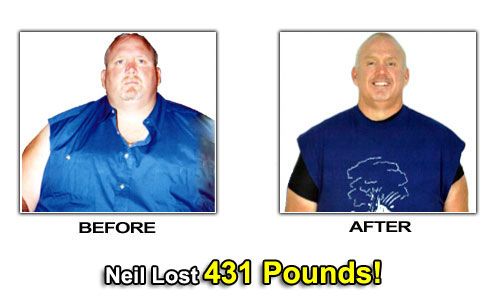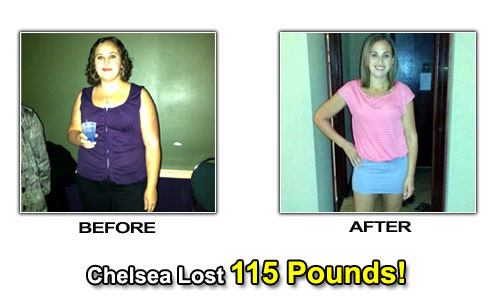Diet Diagnosis
A few weeks later, all my plans came to a halt when I became bedridden with an excruciating migraine. Although I'd dealt with sporadic migraines my entire life, this was the first time it was so bad that I couldn't function. I had an upset stomach, neck pain, blurred vision, and sensitivity to light. For a full month, if I wasn't seeing my doctor in an attempt to get relief or picking up my kids from school, I was in bed. Sleep was truly my only escape. At first I thought the stress of leaving my job triggered the migraine, but as the days passed and the pain continued, I knew something else was going on. I hated the fact that I felt so unwell and wasn't able to spend quality time with my children.
Each doctor I consulted offered a different assessment of the ongoing migraine. The urgent care doctor thought I was having muscle spasms in my neck, the neurosurgeon said my MRI was fine, and the neurologist wanted to put me on daily migraine medication indefinitely. I tried the drugs, but they made me sleepy and incoherent. I wasn't satisfied with any of my options and wanted to dig deeper. Finally, I decided to see an integrative nutritionist because I remembered reading that certain foods can cause headaches in some people. She suggested a simple blood test for food allergies, which often can trigger migraines.
The test results came back positive. While I was sensitive to a few different foods, dairy and corn were the biggest culprits. To see exactly which foods brought on my migraines, I started an elimination diet. This involves completely removing known and potential trigger foods from your diet, and then slowly reintroducing them one at a time to see which foods cause symptoms to appear.
While that first week on my elimination diet was tough, I started to feel better almost immediately and that gave me the strength to continue. I didn't want to feel the way I had with that migraine ever again, so I knew that I had to push through. Within 2 weeks of changing my diet and eliminating the trigger foods, I felt better and my migraine disappeared.
Supermom
Eating healthier also helped me drop some extra pounds, which I didn't mind! At the end of 1 month, I had lost 7 pounds, and my hair, nails, and skin looked better, as well. Staying healthy became a family affair, and my kids started to help out by reading food labels to see what I could eat. Now my diet is filled with fresh fruit and vegetables, and I'm eating a lot more lean protein, such as chicken and turkey. Instead of reaching for a bag of tortilla chips, I grab a small box of organic raisins as my go-to snack. My energy levels have increased, and I can finally keep up with my kids and our two dogs. Before, we'd spend our free time in front of the television, but now we head outdoors to play. We've even gone roller-skating together, which is something I never thought I'd be able to do!
Last summer, after I'd started feeling better, I finally pursued my dream of helping others and enrolled in an integrative-health-coaching program, which allows me to help clients identify unhealthy habits that are acting as roadblocks to their optimal health and personal success. I was able to make those changes in my own life, and I want to help others do the same. (Not all habits are bad. See 4 worth having.)
Now, just a little over a year later, I have lost 60 pounds and am confident that I'll never gain it back. I've even started to enjoy walking for exercise a few days a week now that I have more energy. I love working as a health coach because I know that I'm empowering other women to make lifestyle changes that will help them live longer, more fulfilling lives. But the best part has been that I haven't suffered from another migraine. I never want to go back to being the mom who can't do something because of a headache. (More migraine relievers, here.)
Are Food Allergies Causing You Pain?
One in 25 adults is allergic to at least one food (peanuts and shellfish are common offenders). While some food allergies cause severe symptoms such as migraines, hives, and swelling, others may cause sluggishness, stomach pain, or bloating. To help you find out if you have a food allergy, which affects your immune system, or a food intolerance (it can present similar symptoms), the National Institute of Allergy and Infectious Diseases recommends keeping a detailed food diary of what you eat and how you feel after each meal, as well as talking with your doctor about getting tested for food allergies.




